Welcome to the January 2015 edition of Righting Crime Fiction. I’m going to change gears a little and talk about terminology. I received an anonymous message from someone suggesting I write a blog about the difference between a “clip” and a magazine, because, Anonymous surmised, “Many writers do not seem to understand this distinction.” Anonymous may be correct, so I’ll explain the difference for those who don’t know. However, it is also possible many writers do know the difference, but they choose to call a magazine a “clip”, because the term is widely accepted as being synonymous with “magazine”.
I am not bothered by the use of slang to convey a message, especially when the term used is universally understood, but Anonymous’ comment reminds me that some folks are rigidly opposed to substituting slang for gun terminology. Thus, I will seek to explain the difference between a magazine and a “clip”, while offering a word of caution, along with my own opinion on the matter (because I am, by nature, a very opinionated person—just ask my wife).
MAGAZINES, CLIPS, AND A YOUNGER ME
Quite simply, a magazine is a container that stores ammunition and feeds it to a repeating firearm. The feeding mechanism is usually a spring or coil that applies pressure to a follower that pushes the stack of ammunition toward the opening. The bullet closest to the opening is stripped away and “fed” into the chamber when the slide or bolt is released, and the next round is then moved into the “ready” position.
Magazines come in different shapes and sizes, can hold from as little as a few rounds to as many as a hundred rounds of ammunition, and can be fixed or detachable. Examples of firearms that have detachable magazines are the Colt AR-15 semi-automatic rifle, the Glock 22 semi-automatic pistol, and the Accuracy International AE bolt-action sniper rifle. The following photograph depicts these magazines as they appear when detached from the weapons (earlier blog posts depict these weapons with the magazines attached):
Magazines are preloaded and carried on an officer’s person, usually on his or her gunbelt. In order to load firearms with detachable magazines, you would remove the magazine from the magazine well, and then hand-feed each bullet (or cartridge) into the magazine. Once the magazine is full, you would return the magazine to the magazine well and you are ready to load the chamber and begin firing. In the following video, I will demonstrate how to load a magazine by taking the following steps: 1) load fifteen rounds into a magazine, 2) draw my Beretta 92FS, 3) insert the magazine into the magazine well, 4) manipulate the slide to strip the top bullet from the magazine and load it into the chamber, 5) de-cock the Beretta, 6) flip the safety “off”, 7) remove the magazine from the magazine well, 8) holster the Beretta, 9) “top off” the magazine—which now contains fourteen rounds, because I removed the top round and placed it into the chamber—by loading one last round into it, 10) draw the Beretta again, and 11) insert the magazine into the magazine well, giving me a fully-loaded Beretta with sixteen rounds at my disposal.
Once your fictional officer has shot the magazine “dry” or empty, she would remove the empty magazine and replace it with a full magazine. Most officers typically carry three magazines on their person while on duty, and many of them have extra magazines and boxes of ammunition in their cruisers in the event of an extended gunfight.
In the following photo, a much younger me is pictured at a scene (background removed) immediately after an arrest that resulted in a fight with several suspects (hence, the mud). On the front of my belt is a magazine pouch that housed two fifteen-round magazines for the Beretta 92FS that I carried. There was one round in the chamber of my pistol, fifteen rounds in the magazine seated in my pistol, and fifteen rounds in each of the two magazines in the magazine pouch on my belt, which gave me a total of forty-six rounds. (Where’d all that hair disappear to?)
A clip is a device that holds multiple rounds of ammunition together as a unit, in preparation for being inserted into an empty magazine on fixed-magazine weapons, or into a cylinder on revolvers. Clips also come in different sizes and shapes, such as the moon clip for loading revolvers, the en-bloc clip for loading the M1 Garand, and stripper clips for loading the SKS semi-automatic rifle. The following photograph depicts five empty stripper clips and one fully loaded clip:
When I shoot the SKS until it is empty, I basically have two loading options: 1) start hand-feeding individual bullets into the magazine or 2) use a stripper clip to load the magazine more rapidly. (Once you’ve done this a few hundred times, you’ll really start appreciating detachable magazines.) In the following series of photographs, I illustrate how stripper clips work to load a fixed magazine on an SKS semi-automatic rifle.
Insert the stripper clip into the pre-designated notches:
Begin pushing down on the string of rounds, forcing them into the magazine:
Continue pushing until the last round has made it into the magazine:
A fully loaded fixed magazine with the empty stripper clip still in place:
Remove stripper clip and bolt is ready to be released for firing…
I KNOW THE DIFFERENCE…NOW WHAT?
Show of hands…how many of you writers have called a “magazine” a “clip” in your fiction? Don’t be shy. Get ‘em up. That’s right…reach for the sky. Okay, so, there’s you, you, you, and you. Oh, and there’s me. That’s right. While I use “magazine” nearly every time, I have used “clip” once or twice in a short story. Do I know the difference? Absolutely…I teach the stuff. As a writer, do I care if some “terminology nazi” doesn’t like it? Nope. As a reader, do I care if other writers call a “magazine” a “clip”? Absolutely not. I know what they mean when they say “clip”—and so does the rest of the world. Despite a strong resistance from some, the word “clip” has become synonymous with “magazine” out here in the real world. Thus, if it is commonplace in the real world, it is absolutely realistic to have your characters use the term in fiction. In fact, it would be unrealistic to have every fictional character use the term “magazine” instead of “clip”, because that’s not what happens in everyday life.
A WORD OF CAUTION
While I might not be offended or turned off when a writer uses “clip” instead of “magazine”, there are some who feel very strongly that it is incorrect and that it displays a certain “level of ignorance or laziness” on the part of the person using the term. (Don’t take my word for it—Google “magazine vs. clip” and you’ll find lots of places where people “chastise” those who dare to misuse the term.)
But do we even care what these people think? Personally, I don’t. My focus is on keeping things factually fictitious and helping writers avoid having their characters do things that are physically or technically impossible, such as having their hero pull the slide back on a revolver or having their bad guy kill someone instantly with a shot to the heart. However, bear in mind that your use of the word “clip” might turn off potential readers who care about such things, just like my use of the word “bullet” instead of “cartridge” might turn off some people. Yep, there is a difference.
A bullet is technically one part of a cartridge—the business end, which is also known as the “projectile”. I do this consistently in my police reports, in my everyday life, and in my fiction, because it is widely understood that when someone says “bullet”, they are referring to the combination of casing, powder, primer, and projectile. When I would use the technically correct term “cartridge’’ to people I would teach, I would usually receive blank stares—and understandably so. In their defense, I could have been referring to an ink cartridge, an adhesive cartridge, a faucet cartridge, a game cartridge, etc., and an explanation was usually always required. However, when I said the word “bullet”, it would paint an immediate picture and no explanation would be needed. So, instead of trying to change everyone around me, I simply changed my own approach and accepted that the “times, they are a-changing”, and I now use a word that is more widely understood and avoids confusion.
So, if any of you did not know the difference between a magazine and a “clip”, you do now. If you decide to continue using the word “clip”, you might ruffle the feathers of a few potential readers, but the vast majority of us are fine with it and we know what you mean. If you would rather not risk losing even one reader or you would simply prefer using the correct terminology, then you can forever refer to it as a magazine.
GLASS HOUSES
As this blog post was taking shape in my head, I bounced it off of one of my friends, Damian Ourso, a former Marine and former sniper on my team. I showed him a comment on a forum where this guy said he was selling magazines at a gun show and a man walked up and asked to buy some clips. This guy went on to describe how he made fun of the man by digging in a bag and handing him a pack of stripper clips, when the man was obviously interested in the AR-15 magazines he had for sale. He said the man was “dumbfounded”. I don’t know if it made this guy feel like a hero for trying to embarrass the poor man, but there was no need to make fun of him or give him a hard time. (I hope the man spent his money elsewhere.) There is a way to educate without being condescending, and it takes so little effort to treat people with respect and be nice.
In any event, Damian and I began thinking up different terms that are technically incorrect, but are so commonly used (or misused) that we all know what they mean. It makes me wonder if some of the folks who claim to be “bugged” by people who misuse “clip” have ever committed any of these “violations” while sitting in their glass houses:
Used the “hose pipe” to water the garden.
Had to light the “hot water heater” because the pilot blew out.
Made a “Xerox copy” on a Canon copier.
Had to provide their “VIN number” to the insurance company.
Put the milk back in the “ice box”.
Grabbed a “Kleenex” out of a box of Puffs facial tissue.
Offered someone a “coke” when all they had was a pantry full of sodas made by Pepsi.
CONCLUSION
In closing, I have a twofold question for everyone:
Do you have any pet-peeves that will make you put a book down and refuse to keep reading? Are these pet-peeves bad enough to cause you to boycott that author in the future?
As for me, I’ve already mentioned some of the things that give me pause during movies, television shows or books, but they aren’t enough to cause me to boycott an author or program, because I understand that we all get it wrong from time to time, and I want to be as forgiving as I hope readers will be with me when they catch one of my errors.
Alas, as my wife was just proofreading this post, she reminded me of the movie we watched last night and how I was ranting and raving because an intruder touched a dog and a girl with a stun gun and it rendered them unconscious. (The movie was otherwise awesome.) This is a fallacy I’ve seen repeated over and over in movies and television shows, and my wife says I call them out on it every time. I guess I’ll have to devote a blog post to this subject one day, but, for now, that will wrap up Righting Crime Fiction for January. I hope all of you are off to a great 2015!
Until next time, write, rewrite, and get it right!
BJ Bourg is the author of JAMES 516 (Amber Quill Press, 2014), THE SEVENTH TAKING (Amber Quill Press, 2015), and HOLLOW CRIB (Five Star-Gale-Cengage, 2016).
©BJ Bourg 2015
©BJ Bourg 2015
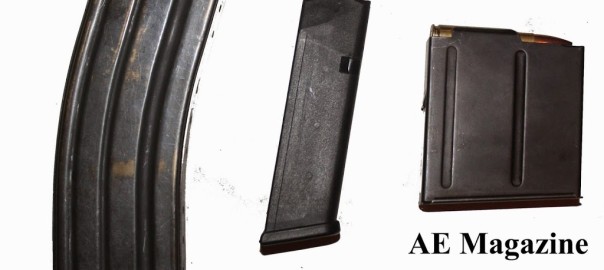
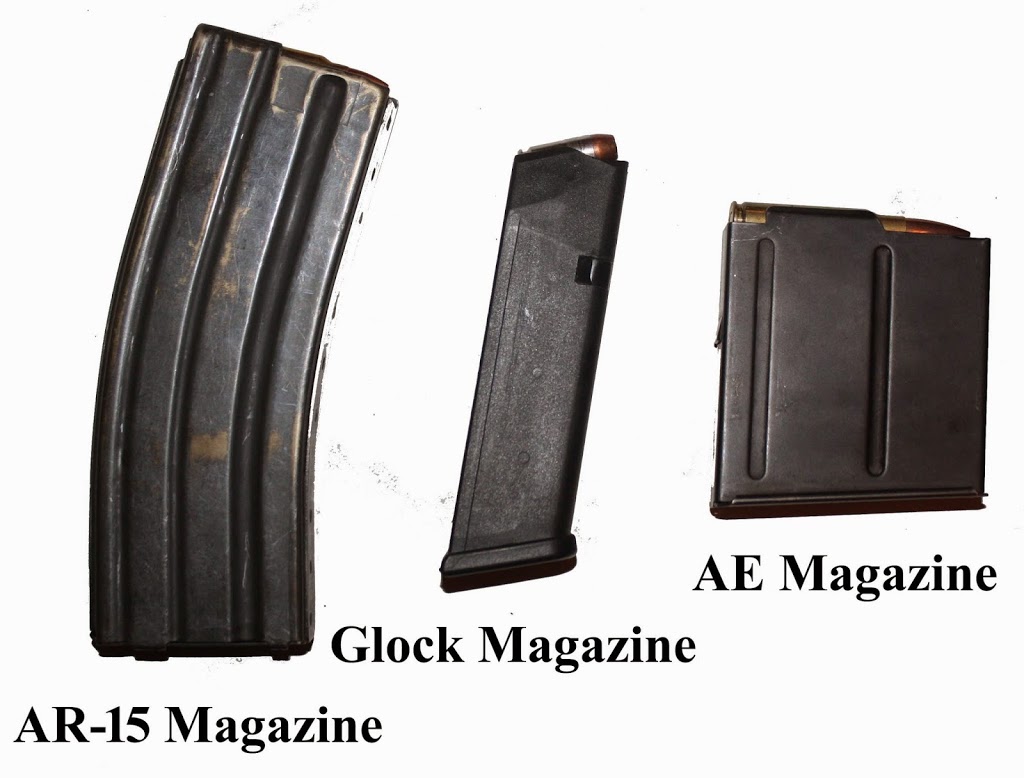
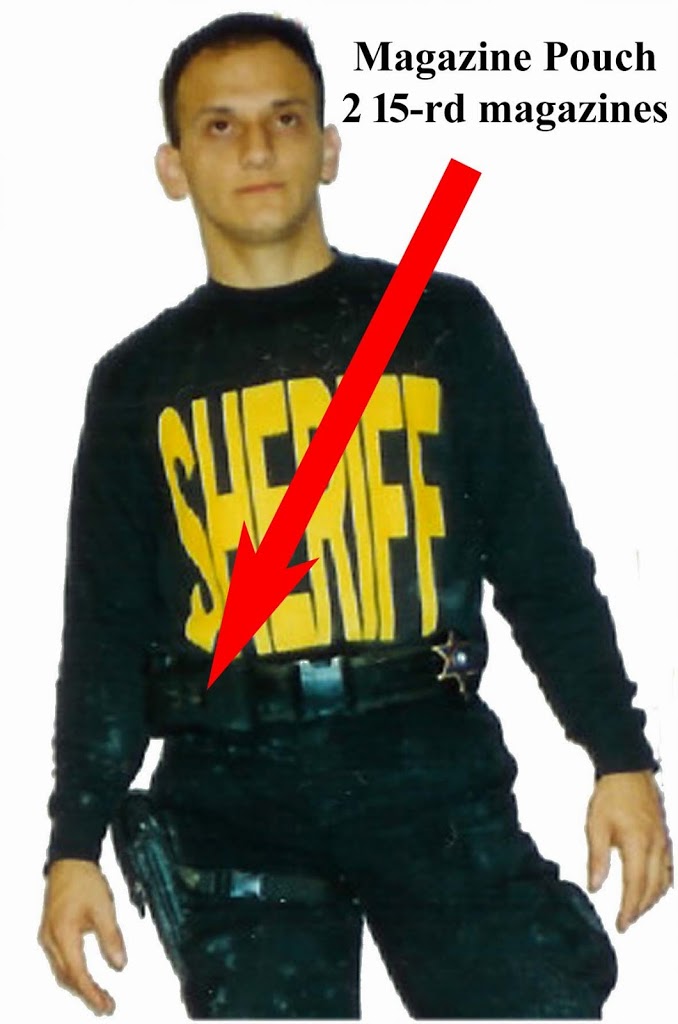
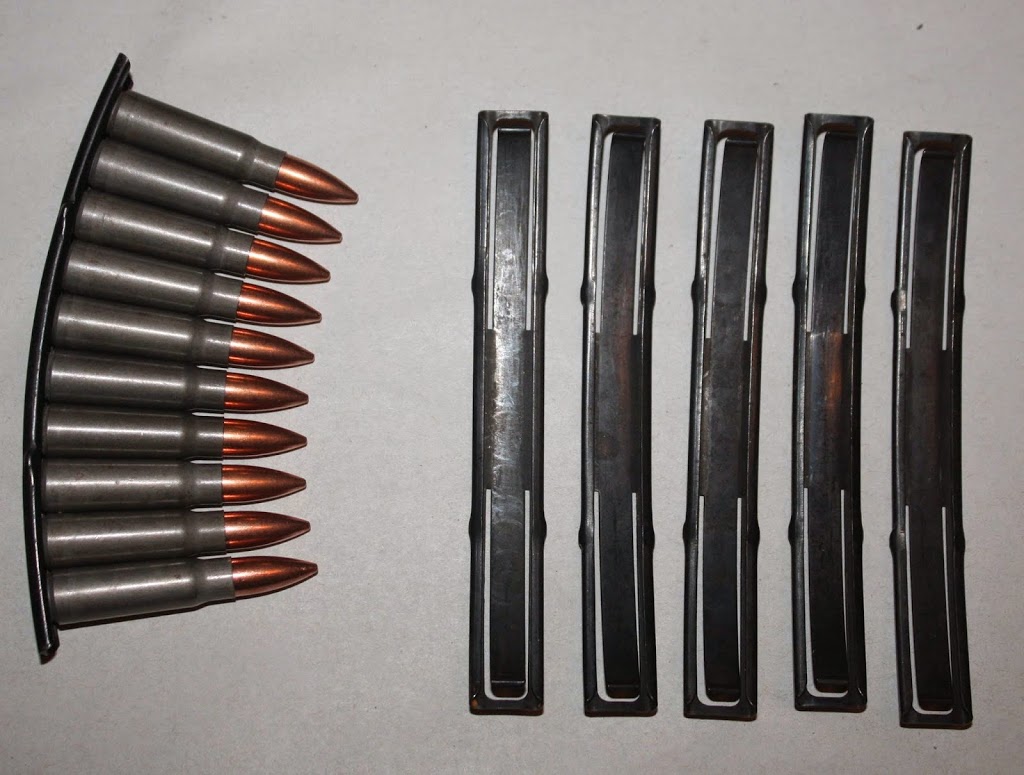
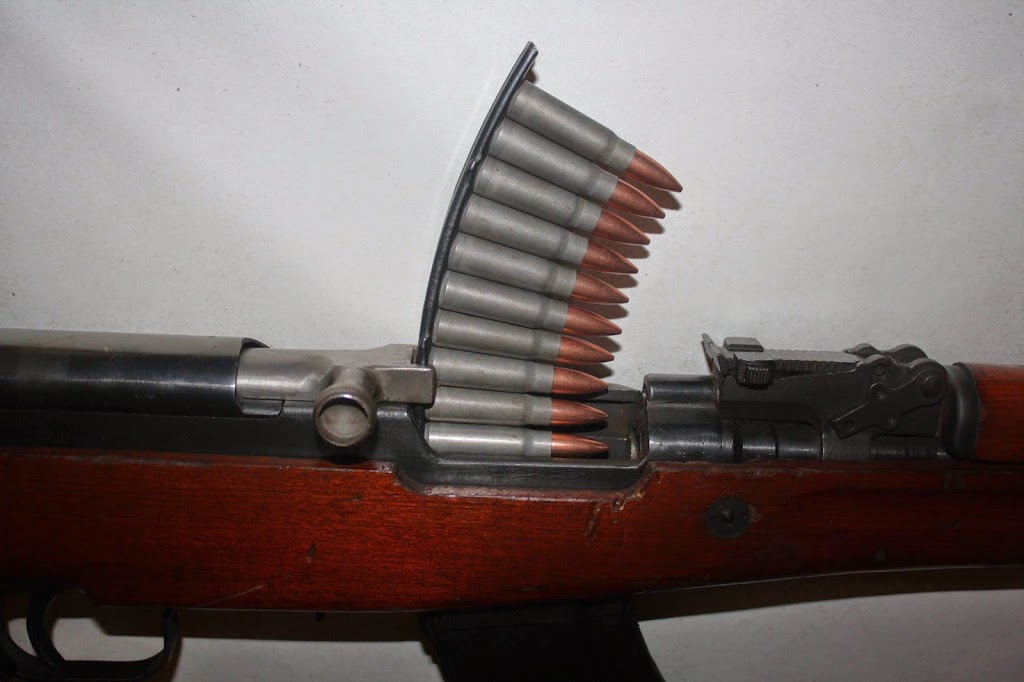
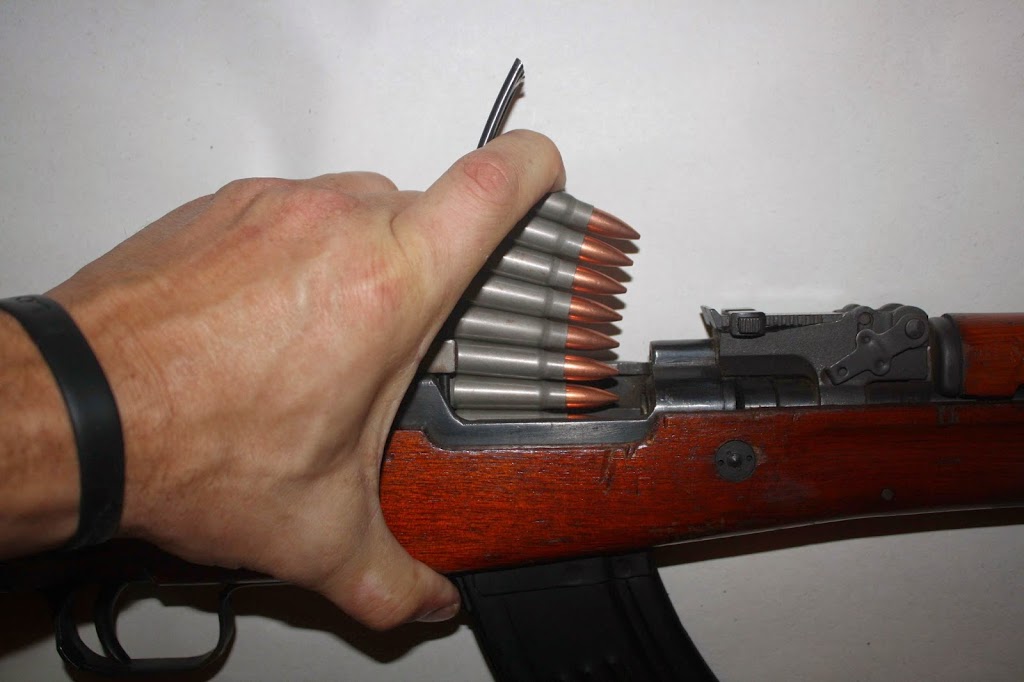
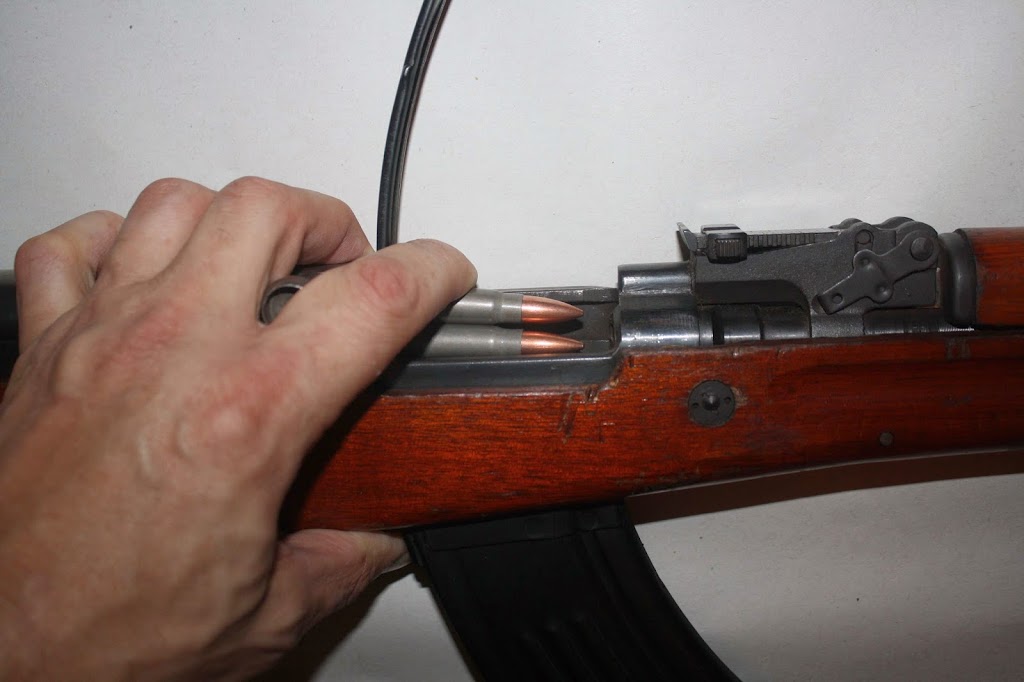
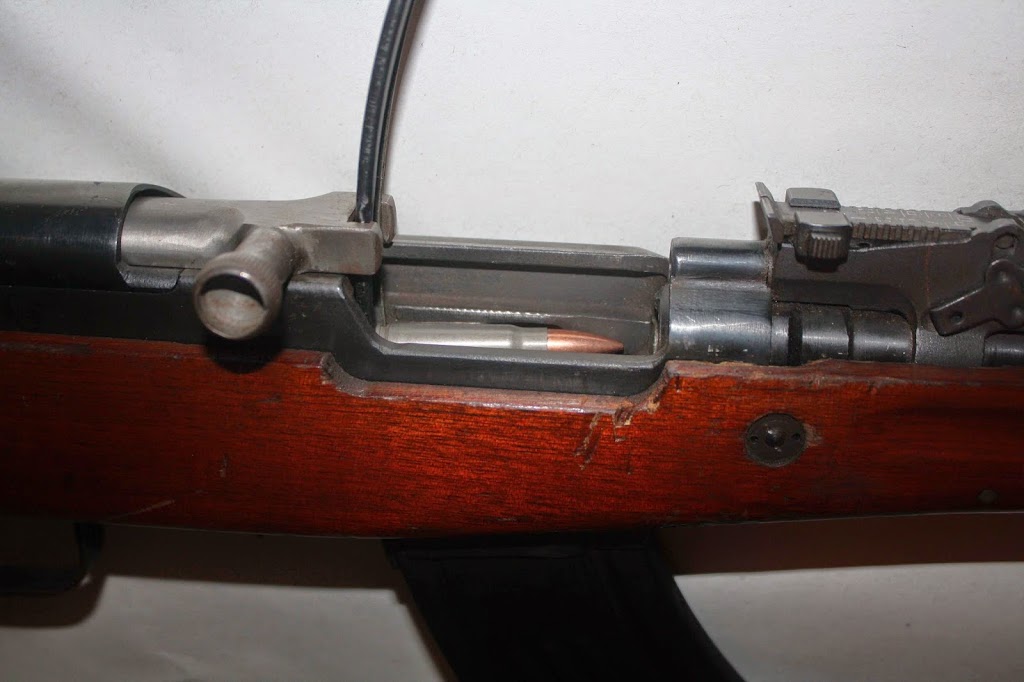
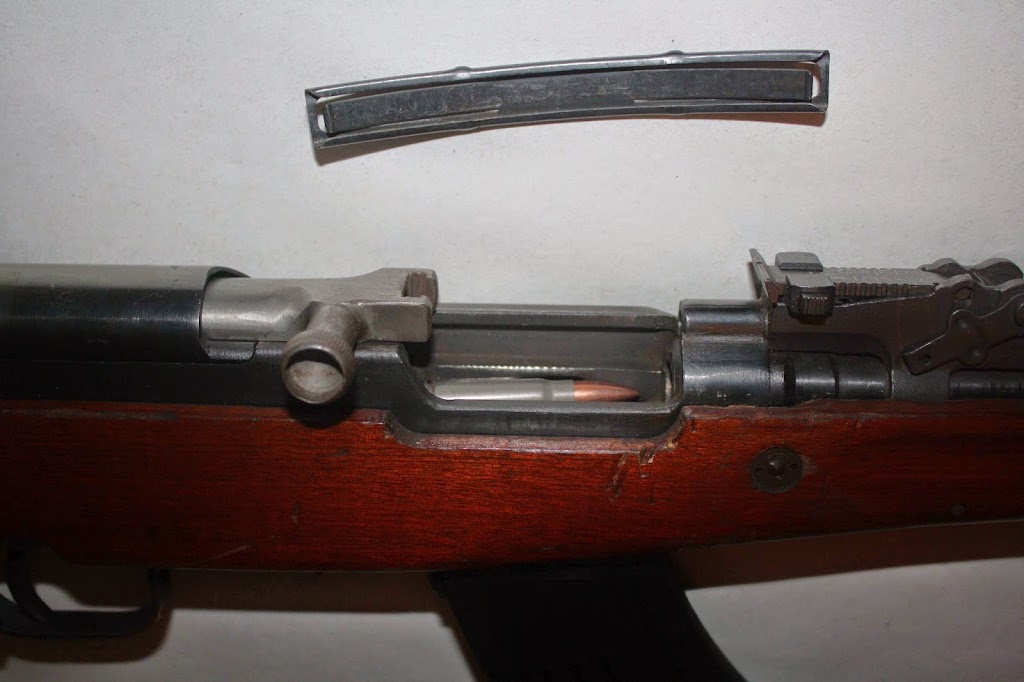
Some firearm-related products, like the 9mm revolver, are a bit uncommon, so it’s not odd that some folks have never heard of it. I mean, who really has the time to keep up with all the advances in firearms or be completely up-to-date on every new gun or caliber that comes out? I know I don’t have time to get the latest and greatest info on new models and features of firearms. So, if you hear of any cool new or recent inventions and you want to share the information, feel free to do so. It would be much appreciated and I, for one, would be grateful for the update.
Since we’re on the topic, I recently heard a chief of police talking to a group of people about getting the facts straight in fiction. He said writers would lose credibility if they used a 7-shot revolver in their fiction, because revolvers only come in 5- or 6-shots. I make mistakes from time to time, as we all do, but how can a cop—any cop—not know this is a false statement? I own four revolvers—two are 6-shot revolvers, one is a 7-shot revolver (been around since the late 1800’s), and one is an 8-shot revolver.
Anywho, thanks for the comments one and all.
Why laugh at someone mentioning a 9mm revolver? Not the most common caliber for a revolver – but you certainly get revolvers chambered for 9mm.
Pat,
I didn't know Dumpster was a trade name! I would never have even guessed it. I've said it many times with the lowercase "d"–and have probably written it that way, too. Thanks for educating me.
And thanks for the nice comments about my WW story! It's greatly appreciated! I actually got the idea from my daughter, because she loves to rock climb.
Take care,
bjb
Great post. Clear explanation of clip vs. magazine.
One of my pet peeve is Dumpster spelled dumpster. Dumpster is a trade name and should always be capitalized. It wouldn't make me stop reading but it does show me the author didn't do his/her homework. Also when I read about a 9 mm revolver. I just laugh at that one.
Loved your mini mystery in Woman's World. You got me because I missed the clue. I loved that is was something different, camping and the teens. Hope to see more of your writing in WW.
Pat Marinelli
Off the subject of magazines, sort of, nice job in the mini-mystery story in Woman's World magazine in the 2/16/15 edition. Stop by and see your review at http://rightingcrimefiction.blogspot.com/ I'm not usually so nice but I couldn't find anything to complain about with your story.
Very nice post–useful info and a takeaway about the writer's choice on how much it matters, and the consequences.
Another great, informative post to save to my files. Thanks!
Very helpful information. Thanks for taking the time to write this blog.
I shall bear that in mind for the future, but since this is well beyond my capabilities I think I'll stick to knives and try and avoid potato peelers.
As for pet peeves, I do have a few of my own, but mainly my husband's, who puffs and blows like a whale any time technology is involved [on TV].
That aside, I hate formulaic writing. I recently endured an entire book where each chapter was-action-dialogue-crisis-food/sex. Did the formula change by the time I reached the last page? No. Never again.